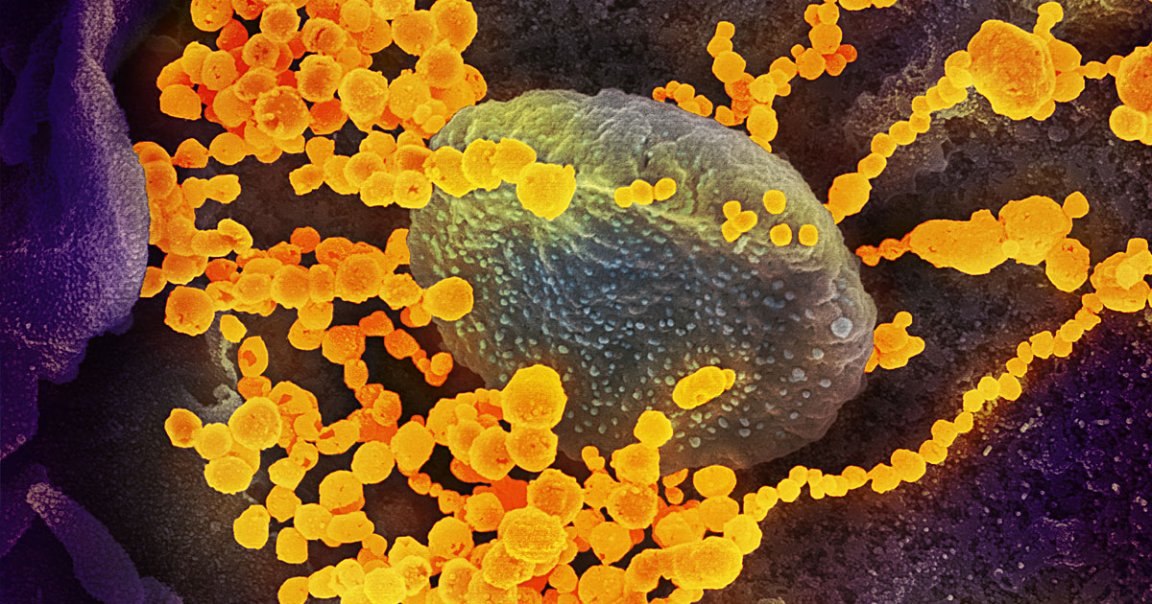
For those who caught and subsequently recovered from COVID-19, the biggest unanswered question is whether or not they built up an immunity to the disease in the future — and for how long.
There have been multiple reports of patients being infected by the coronavirus more than once, but it’s difficult to confirm whether they’re accurate. Without the widespread deployment of blood tests, doctors can’t determine whether or not patients’ immune systems produced enough antibodies to fend off the infection in the future.
But Dr. Anthony Fauci, head of the National Institute of Allergy and Infectious Diseases (NIAID) and the White House’s top infectious disease expert, says that most recovered patients probably did.
“Generally we know with infections like this, that at least for a reasonable period of time, you’re going to have antibodies that are going to be protective,” Fauci said in an interview with Journal of the American Medical Association editor Howard Bauchner on Wednesday.

The key issue seems to be whether SARS-CoV-2, the coronavirus that causes COVID-19, will mutate over time.
That’s a difficult prediction to make. But Fauci said that it hasn’t mutated very much so far, meaning the antibodies that fought off the infection the first time will probably still be able to recognize and combat the virus if you get exposed again.
“If we get infected in February and March and recover, next September, October, that person who’s infected — I believe — is going to be protected,” Fauci said.